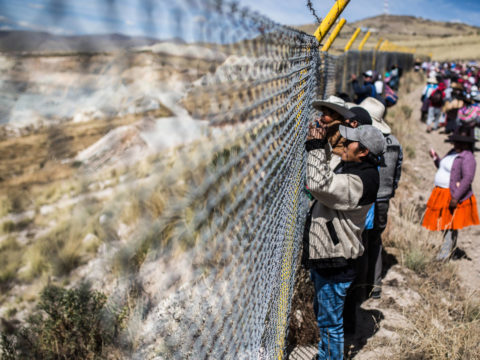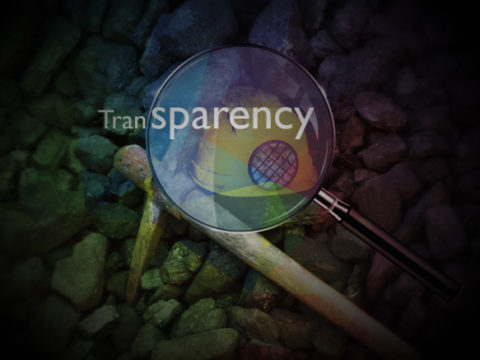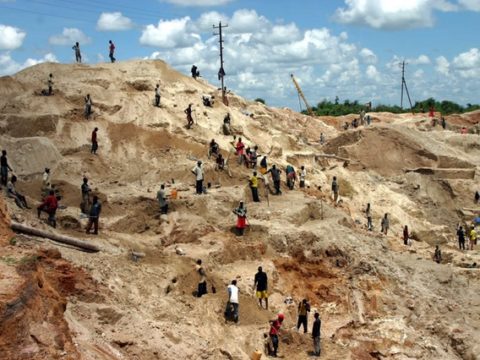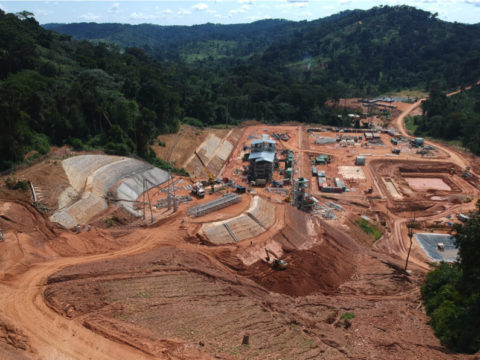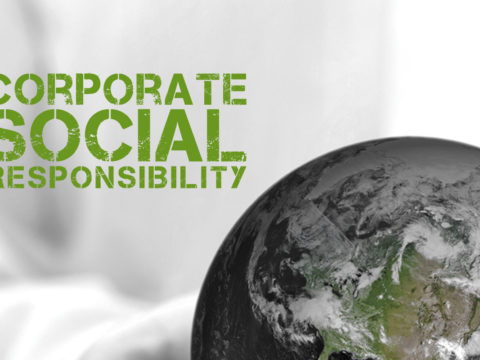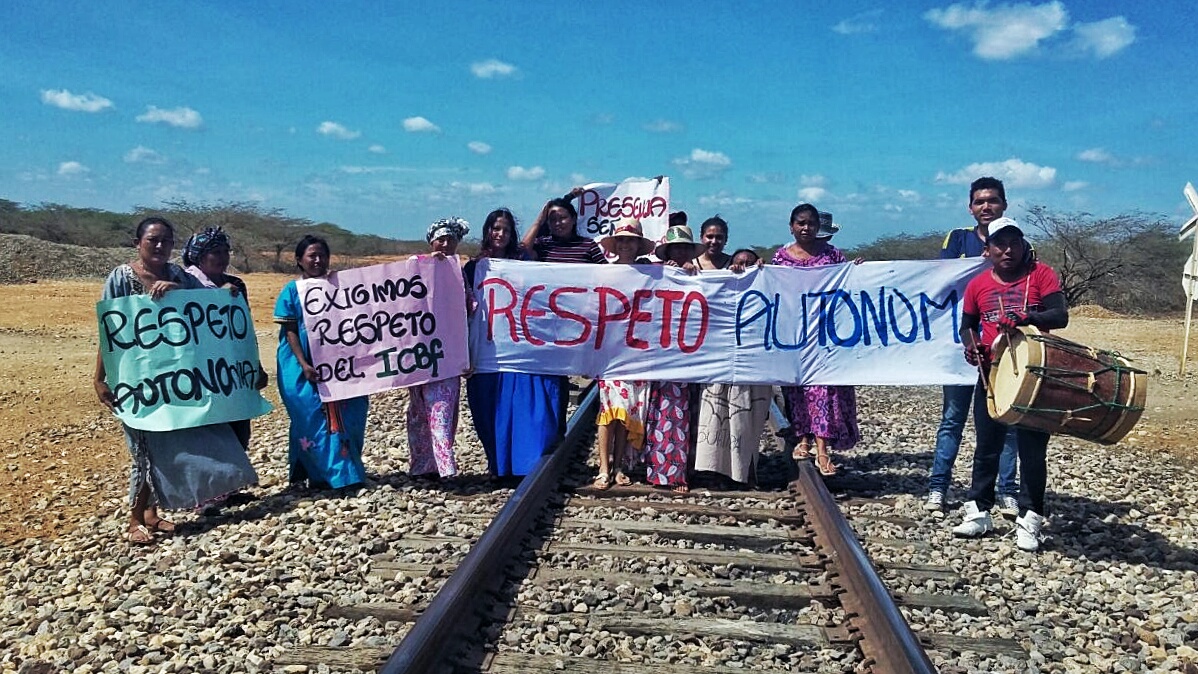Category: Civil Society
Mining, Protests and Political Participation in Peru
Source of the Picture: Swissinfo.ch. See the multimedia story on the recent environmental protests in the Tintaya mine developed by Swissinfo.
On November 12, 2019, 13 rural communities in the province of Espinar started a strike.… Read More
Mining Contracts and Contract Transparency: An Overview
- Mining Contracts
States often enter into investment contracts with individual investors in the extractive sector, aiming to fill in gaps in the regulatory regime and offer special treatment to investors. The scope of issues covered by these investment contracts can be extensive.… Read More
Environmental Regulations: the case of the DRC
Because of the global nature of the resource extraction industry and the variety of actors involved, states are no longer the only ones to have power, and thus sovereignty, over their own land.… Read More
Responsible Sourcing Initiatives in the DRC: Challenges and Opportunities
With nearly 6 million killed and 3 million internally displaced since 1988 (Consunji, 2014), the conflict in the Democratic Republic of Congo (DRC) is one of the deadliest in recent history.… Read More
Corporate Social Responsibility, a General Overview
Development
The term Corporate Social Responsibility (CSR) appeared more than 50 years ago in Howard Bowen’s publication: Social Responsibilities of the Businessmen (1953). The term has evolved for years, but there is an overall understanding among scholars that CSR is the result of the moral obligation that companies have within the society in which they operate.… Read More
The territorial and social conflict of the Wayuu community and the Cerrejón mine in La Guajira, Colombia
Colombia’s economy is rising. The country is experiencing a mining boom, particularly of coal. The coal-rich areas are often found in rural areas where indigenous communities live.In 1976 one of the largest open-pit coal mines of the world was built in the department La Guajira, in the Northeast of Colombia after signing a partnership agreement between the state (Carbones de Colombia SA), Carboncol and Intercor (subsidiary of Exxon).… Read More
Flujos financieros ilícitos en los países andinos: una mirada al sector minero
Cepal (Economic Commission for Latin Americ and the Caribbean) launches study that investigates the tax planning of companies and other actors in the mining sector in the Andean countries, providing estimates of illicit capital outflows associated with mining exploitation and of tax resources that are not collected due to this type of practices.… Read More
The civil society agenda on Extractive Industries in Latin America, by NRGI and RLIE, 2017
Natural Resource Governance Institute (NRGI) in collaboration with the Red Latinoamericana sobre Industrias Extractivas (RLIE) launches reports that propose to the organizations and social leaders of Latin America an agenda of political incidence and applied research in relation to extractive industries, and to the contemporary acontext characterized by the end of the “Fiscal super cycle” and the implementation of “race to the bottom” policies by the governments of the region.… Read More
Social Conflict in the Extractive Sector: Developing Good Security Practices – Impressions of an Event by the UN Business and Human Rights Forum 2017
The Graduate Institute Geneva hosted an event during the 2017 United Nations Business and Human Rights Forum on November 28th under the title „Social Conflict in the Extractive Sector: Developing Good Security Practices“.… Read More
